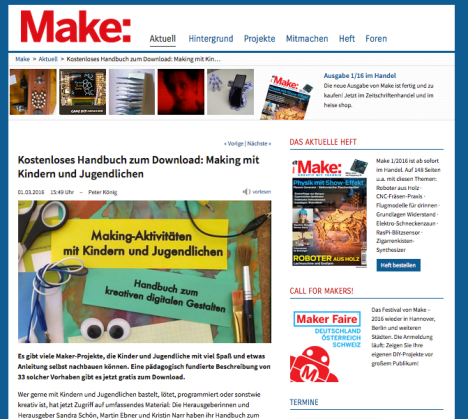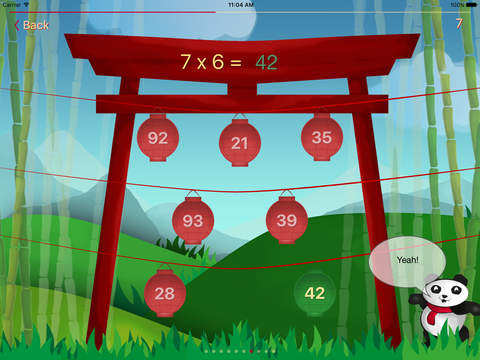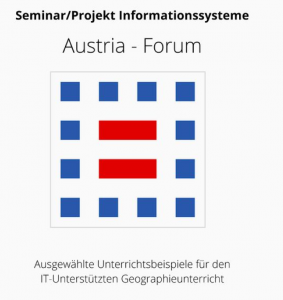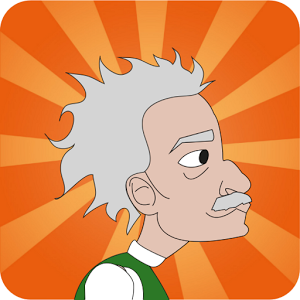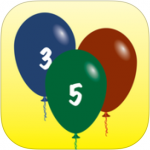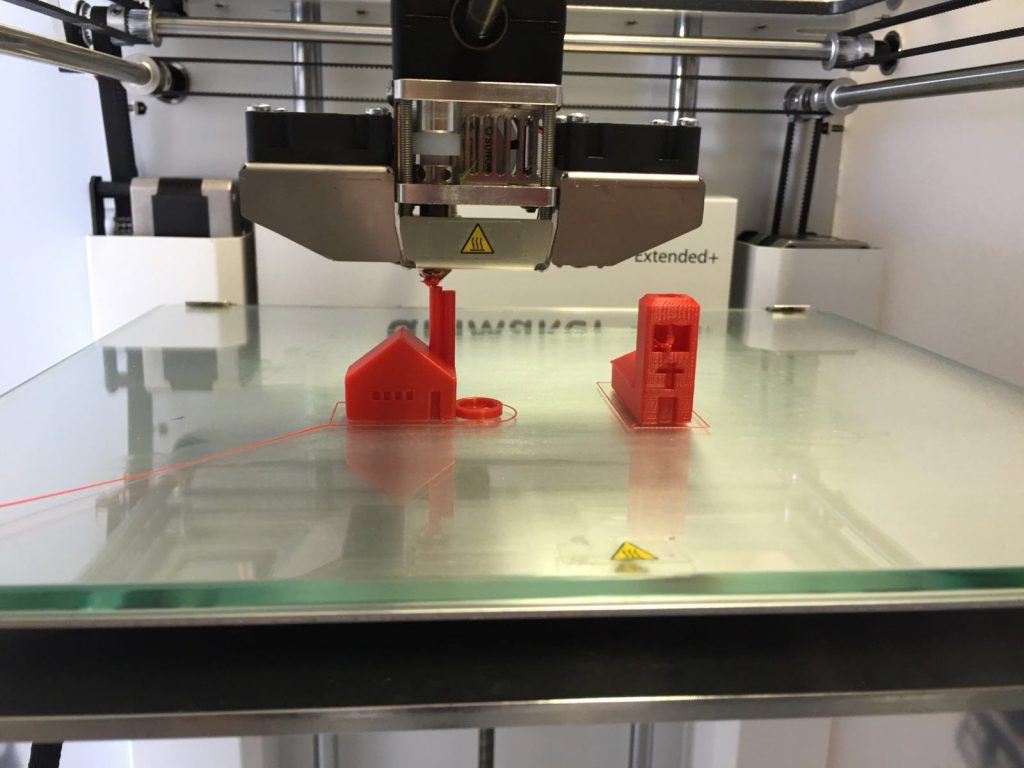Our chapter on „A MOOC on Open Educational Resources as an Open Educational Resource: COER13“ as part of the MOOC Case Book has been published now.
Abstract:
In this book chapter we describe and analyze the case of COER13 (https://www.coer13.de/about.html), a community-oriented cMOOC titled ‘Online Course on Open Educational Resources’ that was run as an Austrian-German joint venture in 2013. All but one of the authors of this chapter were convenors of the course. COER13 was deliberately designed and implemented to promote the OER cause. The overall aim was to generate a comprehensive OER on the topic of OER with the course itself, using a cMOOC format to possibly reach a large audience. As a consequence all materials were openly licensed and the course design was oriented towards the production of OER on various levels. With this particular focus the case of COER13 addresses the ethical dimension of Khan’s (2006) e-learning framework, which involves viewing and evaluating e-learning with a socio-political lens, e.g. analyzing in what ways e-learning tackles urgent social challenges such as access to education for all or bridging the digital divide. Within the ethical dimension, issues of copyright and other legal issues are explicitly addressed. Hence the case presented here, with its close link to open education and alternative licensing schemes, exemplifies the challenges that have to be met when developing e-learning from an ethical perspective, striving for greater equity of access to education.
[Draft article @ ResearchGate]
[Order Book]
Reference: Arnold, P., Kumar, S. Schön, S. Ebner, M., & Thillosen, A. (2015). A MOOC on Open Educational Resources as an Open Educational Resource: COER13. In: Corbeil, J.R., Corbeil, M.E., Khan, B. H. (Eds.): The MOOC Case Book: Case Studies in MOOC Design, Development and Implementation. NY: Linus Learning, pp. 247-258
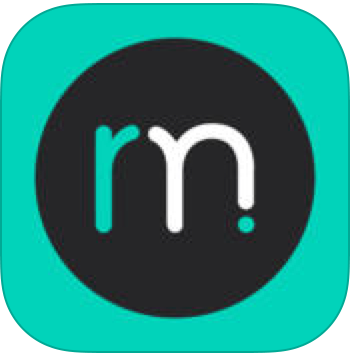 Im Rahmen unserer Vorlesung „Mobile Applications 2016“ wurde eine App entwickelt die die Möglichkeiten für einen Fitbit Tracker erweitern:
Im Rahmen unserer Vorlesung „Mobile Applications 2016“ wurde eine App entwickelt die die Möglichkeiten für einen Fitbit Tracker erweitern:
